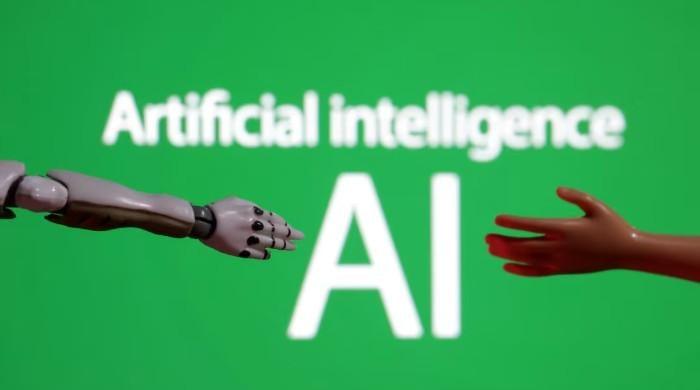Paris: countries and economic blocks worldwide are found in different stages of the regulation of artificial intelligence, from a relative “Wild West” in the United States to highly complex rules in the European Union.
Here are some key points about the regulation in the main jurisdictions, before the AI summit of Paris from February 10 to 11.
USA
The president who returned, Donald Trump, terminated Joe Biden’s executive order last month in October 2023 on the supervision of AI.
To a large extent, it required that the main developers of AI as OpenAi share security evaluations and vital information with the federal government.
Backed by the main technological companies, aimed to protect privacy and prevent civil rights violations, and requested safeguards on national security.
Home of the main developers, the United States now has no formal guidelines for AI, although some existing privacy protections are still applied.
Bajo Trump, the United States has “collected his cowboy hat again, is a full Wild West,” said Yael Cohen-Hadria, a digital lawyer from the EY consultancy.
The administration has effectively said that “we are no longer doing this law … we are establishing all our algorithms in execution and going in favor,” he added.
Porcelain
China’s government is still developing a formal law on generative.
A set of “provisional measures” requires that AI respects personal and commercial interests, does not use personal information without consent, points out images and videos generated by AI, and protects the physical and mental health of users.
The AI must also “adhere to central socialist values”, with a strong language against AI that generates content that threatens the ruling communist party or China’s national security.
Deepseek, whose frugal but powerful model surprised the world last month, is an example, resisting questions about President Xi Jinping or the crushing of 1989 of the prodemocratic manifestations in the Tiananmen square.
While regulating businesses closely, especially foreigners, the Chinese government will be awarded “strong exceptions” to its own rules, Cohen-Hadria predicted.
European Union
Unlike the United States and China, “the ethical philosophy of respecting citizens is in the heart of European regulation,” said Cohen-Hadria.
“Everyone has their part of responsibility, the supplier, who deployed (AI), even to the final consumer.”
More directly on AI, the “AI Law” approved in March 2024, some of whose provisions are applied as of this week, is the most complete regulation in the world.
The use of AI for predictive surveillance based on the profile and systems that use biometric information to infer the race, religion or sexual orientation of an individual are prohibited.
The law adopts a risk -based approach: if a system is high risk, a company has a set of stricter obligations to comply with.
EU leaders have argued that clear and integral rules will facilitate the lives of companies.
Cohen-Hadria pointed out strong protections for intellectual property and efforts to allow data to circulate more freely by granting the control of citizens.
“If I can access many data easily, I can create better things faster,” he said.
India
Like China, India, coanfrerion of the summit next week, it has a law on personal data, but there is no specific text that governs AI.
Cases of damage originated from the generative AI have been addressed with the existing legislation on defamation, privacy, infringement of copyright and cyber crime.
Nueva Delhi knows the value of its high-tech sector and “if they make a law, it will be because it has some economic performance,” said Cohen-Hadria.
Occasional media reports and government statements on the regulation of AI have not yet followed with concrete action.
The main AI companies, including perplexity, criticized the Government in March 2024 when the IT Ministry issued an “advice” that companies would require government permission before deploying models of “unreliable” or “underestimated”.
He arrived days after Google Gemini in some answers accused Prime Minister Narendra Modi of implementing fascist policies.
The rules updated hurriedly called the resignations of resignations on content generated by AI.
Great Britain
The Labor Government of the left of Great Britain has included AI in its agenda to boost economic growth.
The island nation has the third sector of the world in the world after the United States and China.
Prime Minister Keir Starmer in January presented a “AI Opportunities Action Plan” that asked London to bring their own way.
The AI must be “proven” before it is regulated, said Starmer.
“Well designed and implemented regulation … can feed the rapid, broad and safe development and the adoption of AI,” said the action plan document.
On the contrary, “ineffective regulation could stop adoption in crucial sectors,” he added.
A consultation is being consulted to clarify the application of the copyright law to the AI, with the aim of protecting the creative industry.




